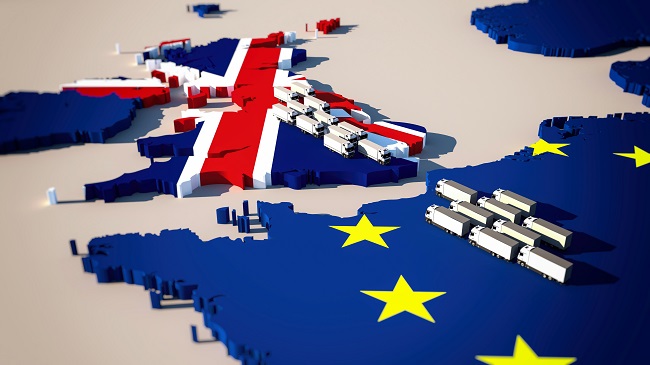
The government may be set to announce further delays to the implementation of border checks and controls on animal and plant products coming from the EU.
According to a report in today’s Financial Times (3 August), the introduction of a new regime for checks on imports of animal and plant goods from the EU (and the rest of the
world), scheduled to come into force in October this year, will be further delayed.
The new regime was originally due to be introduced in 2021 as part of the post-Brexit changes to the UK's trading arrangements but was delayed to allow more time to fine-tune arrangements and allow for a smoother transition.
Checks on exports into the EU have been in place since January 2021, causing some UK food producers to complain about the lack of a level playing field.
Draft plan launched in April
The most recent announcement of a draft border Target Operating Model (TOM), including details of the proposed regime for all sanitary and phytosanitary (SPS) checks, was made in April 2023 and was subject to a six-week consultation period.
At that time, ministers laid out a clear desired timeline for implementation, with the first set of checks due to come into force in October 2023, with another phase to follow in January 2024. An announcement on the final version of TOM had been expected
very soon.
The main drivers for the new delay are claimed as being a desire to give businesses (both UK importers and EU exporters) more time to get used to the new rules, as well as concerns that additional costs caused by TOM would be passed on to consumers in
increased prices at a time when the government’s number one priority is fighting inflation.
Kevin Shakespeare, director of strategic projects and international at the Institute of Export & International Trade (IOE&IT), says while it isn’t ideal, a delay to get the implementation right makes sense:
“While this apparent delay means continued uncertainty for some traders, this is such a major change for all those involved in the import of SPS goods to the UK, from the EU and the rest of the world, that the government is right to make sure it is done
correctly.
“As always, IOE&IT stands ready to help traders with any training, advice and support they need to make sure they comply with all the new requirements. If it does end up being delayed, it will give everyone more time to familiarise themselves with the
new rules.”
IOE&IT has hosted several webinars on the details of how the proposed TOM will impact businesses importing SPS good to the UK.



